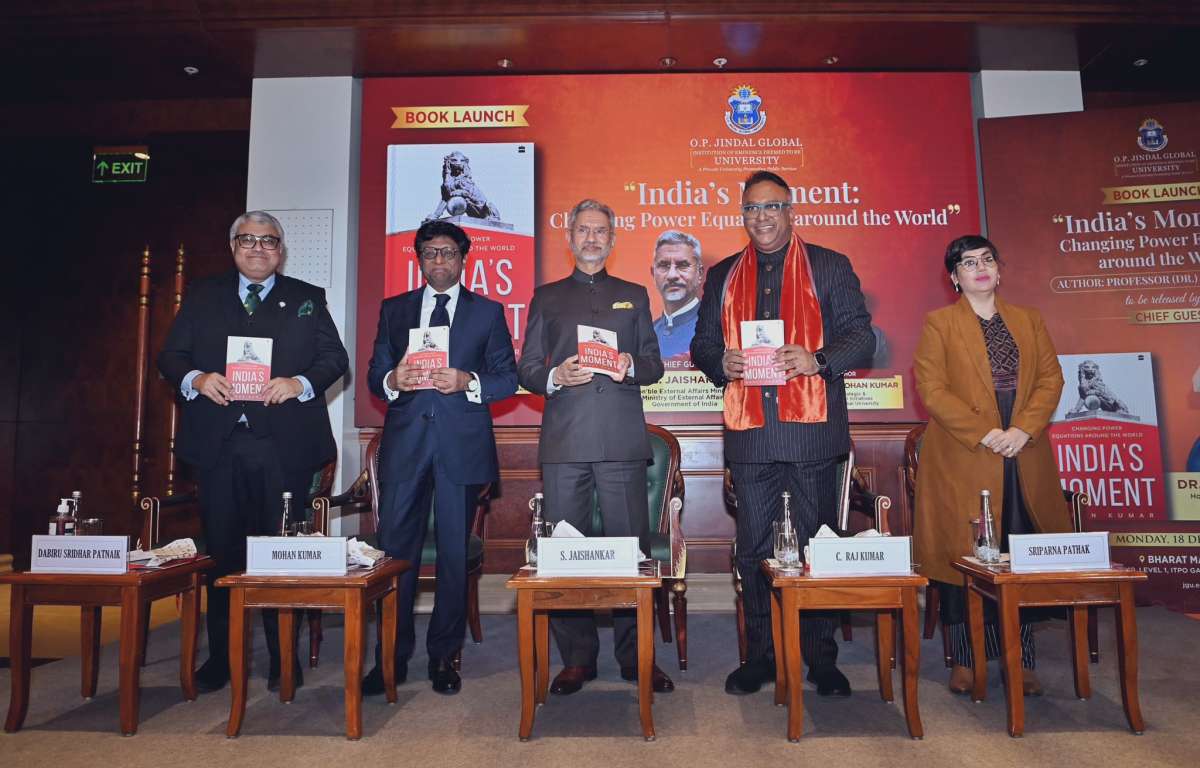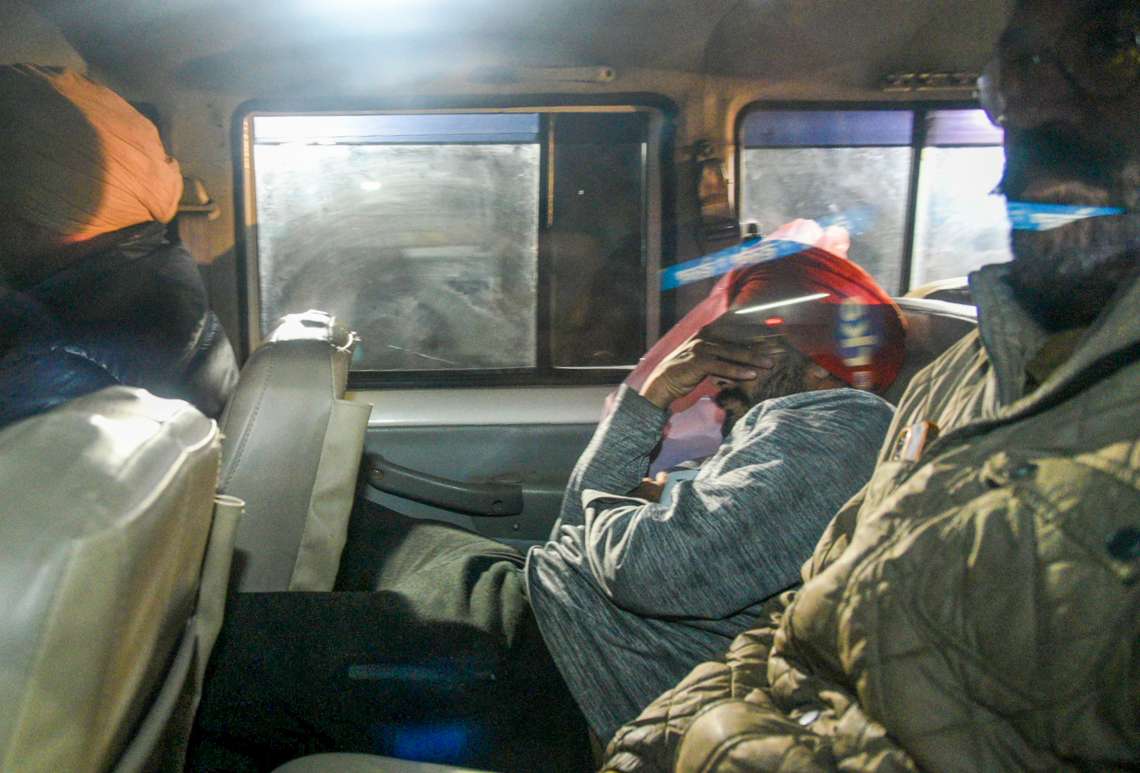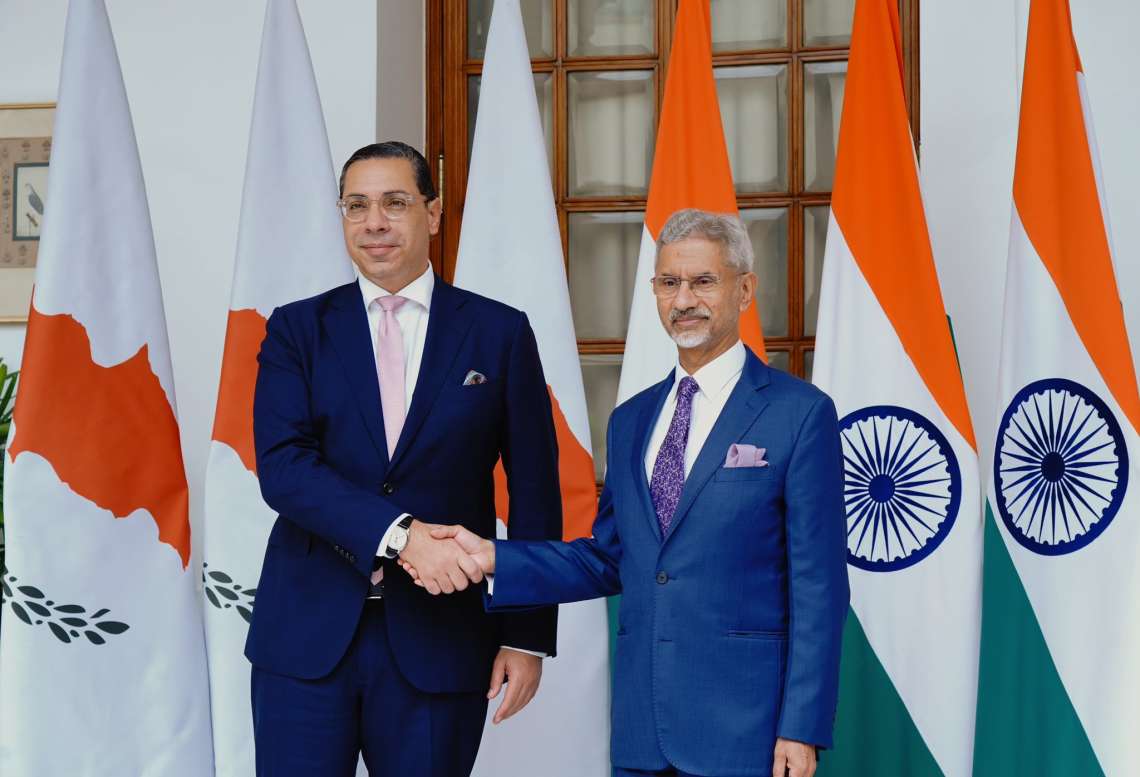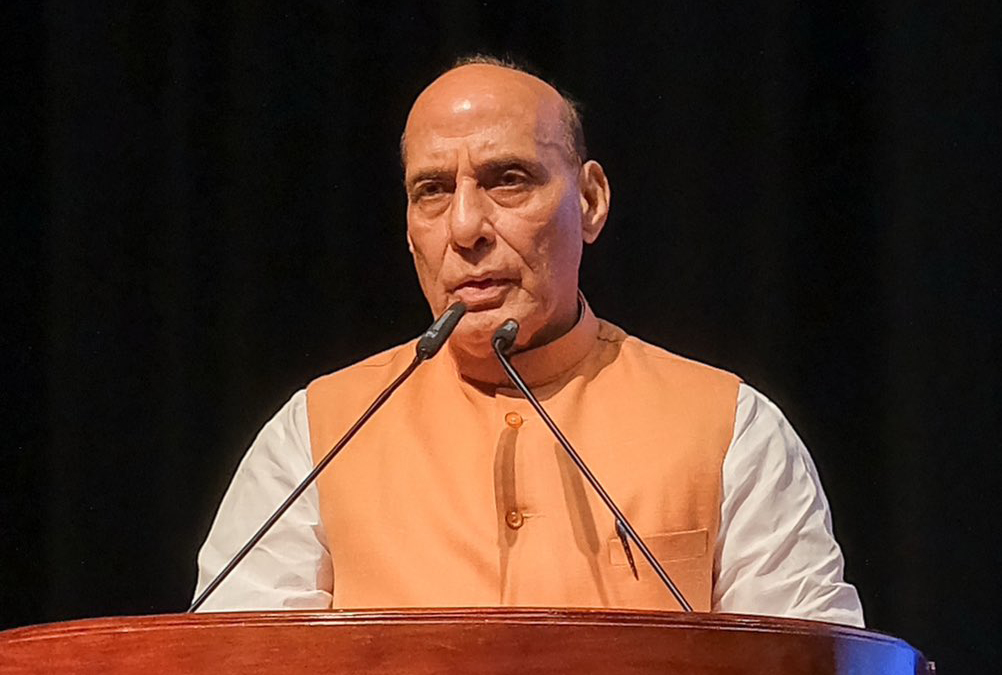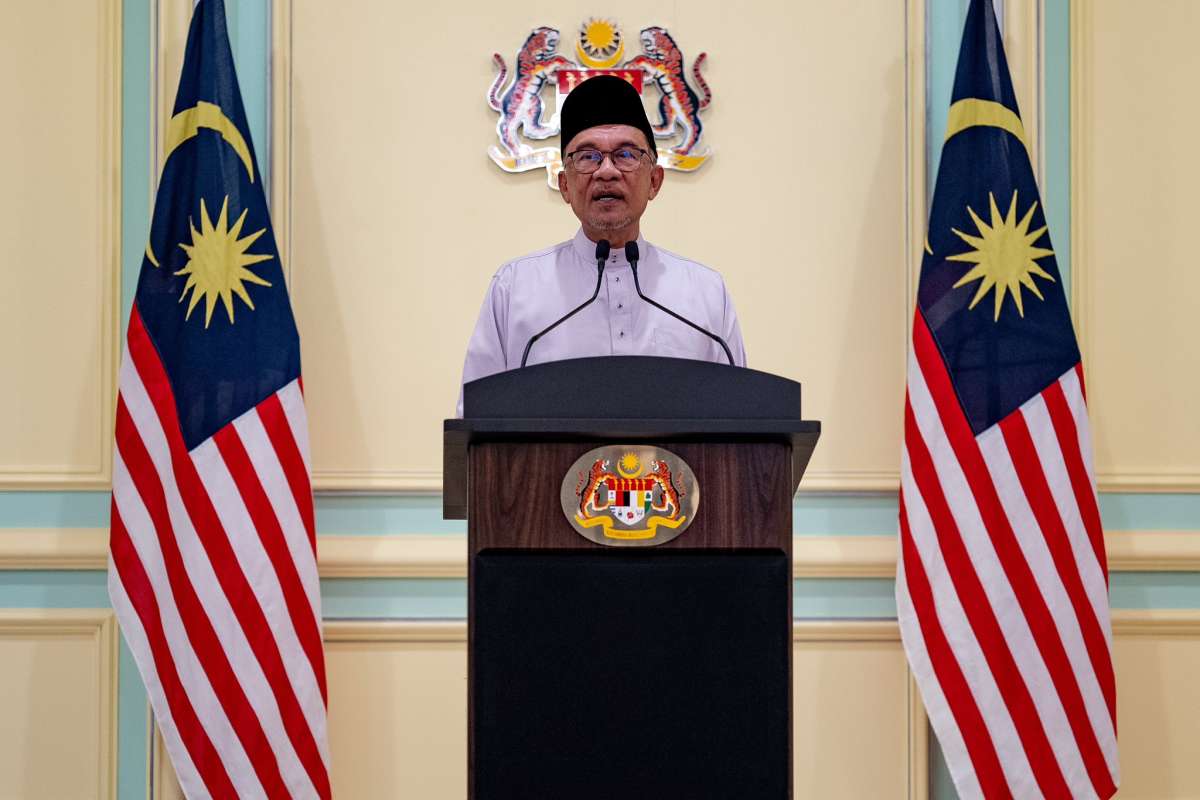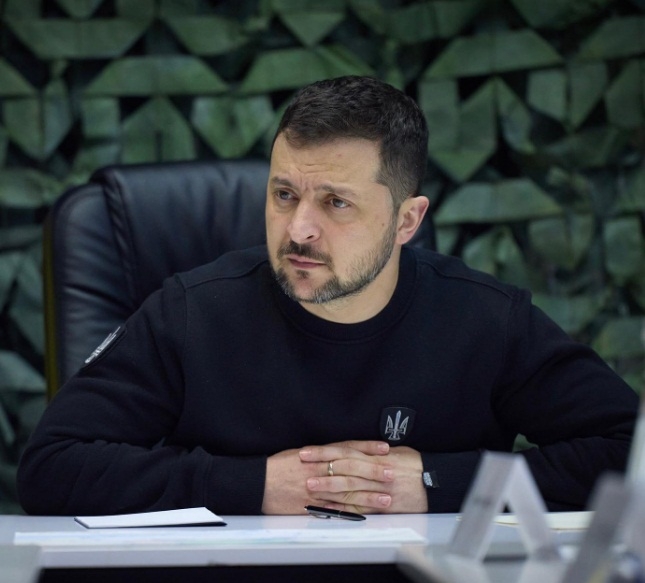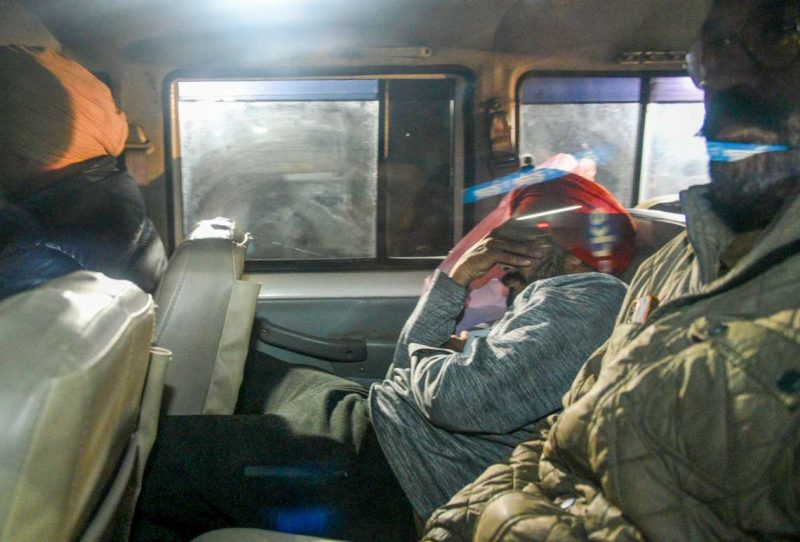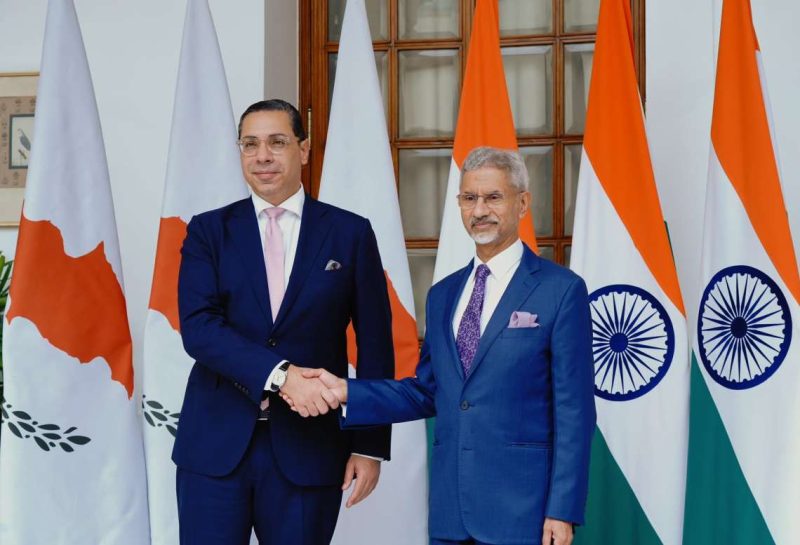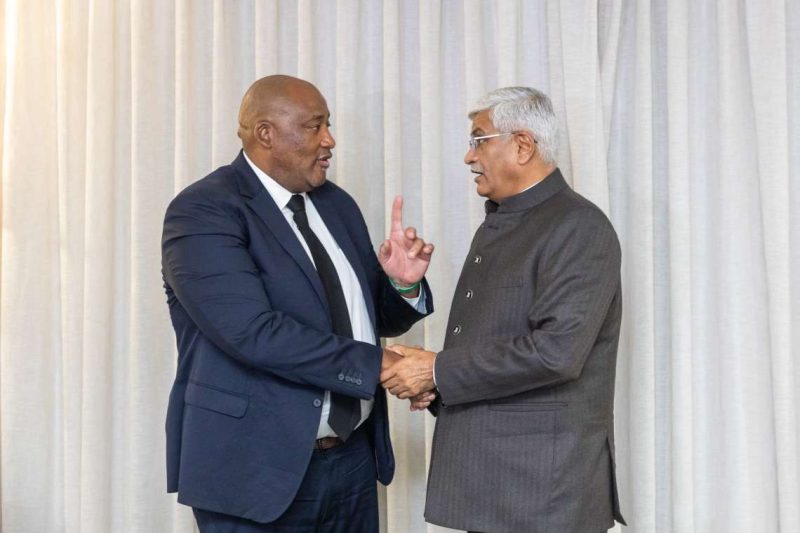The second is a policy space and the others include domestic politics, geopolitical imperatives, multilateralism and finally material gain because at the end of the it is for common good…reports Asian Lite News
“After 75 years of independence it is important to introspect more about foreign policy, because often we tend to think that the decisions which were taken were the only decisions that could have been taken, which may not be entirely true so I think this exercise of the roads not taken, then they need not be hypothetical. I think, it’s important to look back, keep refreshing, correcting ourselves.
To get foreign policy right it’s important to look back, keep looking back, keep refreshing and keep correcting ourselves,” S. Jaishankar, External Affairs Minister said at the launch of the book “India’s Moment: Changing Power Equations around the World” by former Indian diplomat, Prof Mohan Kumar, Dean, Strategic & International Initiatives at O. P. Jindal Global University and published by Harper Collins.
“In the context of foreign policy we’re all negotiators. Certainly when it comes to diplomacy. Today as we are looking at technology issues or security issues, or debating strategic autonomy there are the six factors that Dr Mohan Kumar has referred to as the integrated framework in his book and the six factors, the first of which he calls the Gandhi litmus test, the poverty veto. The second is a policy space and the others include domestic politics, geopolitical imperatives, multilateralism and finally material gain because at the end of the it is for common good.
As India approaches a USD 3 trillion economy, given the range of our interests, the extent of our development, perhaps we could consider two other factors as well in making decisions. One is really comprehensive national power because it’s not always what you are defending. It is also what you are acquiring. And in WTO terminology offensive interest is also something which we will need to factor and the second is that as we grew, it is particularly in the economic domain, I think becoming more and more important to insist as part of any understanding how much of it will lead to it being made in India and employed in India. If I were to look ahead at the Amrit Kal and the journey towards Viksit Bharat I would certainly argue today that if I were to make a judgement, I would certainly look at decisions that would add or subtract from comprehensive national power and in ways it really contributes to creating deep strengths within India,” The Minister elaborated. “India alone will be among the big economies with a low carbon pathway. I think this is an observation which is really worth reflecting on because what it means is that India’s developmental pathway would actually be very unique. India gives food support to 800 million people, financial support to 400 million people, built houses for 150 million people all of this has been achieved in the last decade.
Today, more than a third of our country gets health access and pensions. This is something very interesting emerging in India which is low income country, yet actually using the efficiency of its digital infrastructure to create a social safety net, which normally we would actually attribute to a middle income country.”
The Founding Vice Chancellor of O.P. Jindal Global University, Prof. (Dr) C. Raj Kumar welcomed the Honourable Minister and elucidated on the growth of JGU as India’s leading university which began in 2009 and has emerged as an Institute of Eminence within 15 years of its existence. “Today, JGU has more than 10,000 students with nearly 1000 faculty member across 10 schools. JGU too has been part of India’s growth as we have achieved new heights in higher education. We focus on more than 400 international collaborations which allow for globalization for our students and research collaborations for our faculty. Interdisciplinarity is a cornerstone of JGU policy which has also being outlined very strongly in the National Education Policy (NEP). We recognize that the boundaries of knowledge and barriers between disciplines need to be broke. Going forward we aim to become a comprehensive university working in the space of STEM and Medical studies offering a range of qualifications for the growing demand of quality education in India.
Reflecting on the book, the author Prof Mohan Kumar said, “I have designed an integrated framework for understanding and assessment of India’s actions in the International arena. This framework comprises first and foremost the Gandhi Litmus Test, or what I have termed as the poverty veto. There are a huge number of people living in poverty in India and this has an impact on how India conducts international negotiations. Similarly, realpolitik and domestic politics also play a part. India is well on its way to become a leading power but in order to achieve that, the most important prerequisite is to reduce the number of people living in poverty and make growth inclusive. The important conclusion is that India must become a USD 10 Trillion economy with inclusive growth. It will then be India’s moment – to transition from a balancing power to a leading power in the world.”
The vote of thanks was delivered by Professor Dabiru Sridhar Patnaik, Registrar, O.P. Jindal Global University who said, “We are privileged to have with us Dr S. Jaishankar, External Affairs Minister who emphasized the potential role that India could play through its thought leadership and deal with the current global public policy issue.
ALSO READ-Jaishankar Heads to Nepal for Joint Commission Meeting


